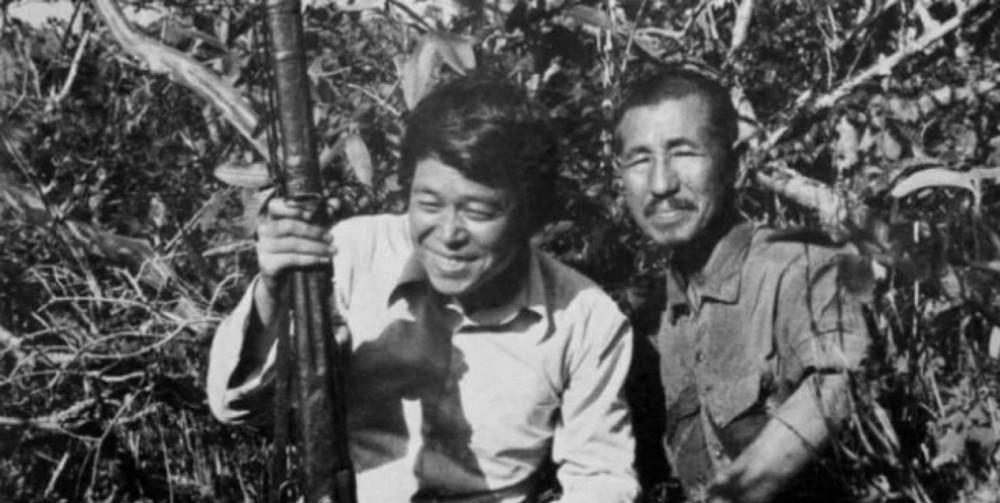After Japan surrendered, there was a Japanese soldier in the Philippines who insisted on fighting for 29 years and refused to surrender
In 1974, a Japanese veteran named Hiroshi Onoda appeared on Manila Television in the Philippines. The veteran was all black and his hair was disheveled, but he was still shining. Many viewers on the TV station did not know the identity of Onoda Hiroshi, and when the host introduced Onoda Hiroshi as a World War II soldier, everyone was stunned. It turned out that Onoda Hiroro was a soldier left in the Philippines by the Japanese army in World War II, and although World War II had ended for 29 years, Onoda Hiroro refused to surrender, insisting on fighting the Philippine police in the mountains.

Soon, the news of Onoda Hiroro reached the Japanese, and the Japanese were amazed, and they were impressed by onoda Hiroshi's spirit. Soon after, Onoda was taken back to Japan by the Japanese government, and Onoda was treated heroically. Unlike the end of World War II, Japan had already achieved economic rejuvenation at this time, and its strong economic strength made the Japanese proud. Onoda's ability to persist in the deep mountains and old forests for 29 years proves the value of the Japanese bushido spirit.
Japanese media came to interview Onoda Hiroshi, who wanted him to tell his story of his combat experience. Seeing that so many people valued himself, Onoda Hiroshi also began to slowly reveal his heart. It turned out that Onoda Hiroro was a platoon leader, and on the verge of the end of World War II, Onoda Hiroshi received orders from his superiors to insist on resisting. At that time, American fighter jets flew in every day to bomb, and a large number of Japanese troops were killed. In order not to reveal his whereabouts, Onoda Hiroshi took his men into hiding in the mountains of the Philippines. Since then, Onoda Hiroshi has not come out.
Hungry, Onoda Hiroshi picks wild fruits and hunts animals. When he was thirsty, he secretly ran to the stream to get water to drink. At Onoda's side, he also had three companions. The four of them supported each other and never dealt with outsiders. Later, the Philippine police found them, and the Filipinos told them that the war was over. However, Onoda and his party did not believe it, and they still lived in the mountains. Since then, Onoda's companions have fallen ill and died one by one, leaving him alone. Finally, Onoda Hiroshi could no longer bear the days of loneliness, and he took the initiative to find filipinos. When the Filipinos took him out of the mountains, he realized that the war was really over. Onoda was ecstatic, deeply remorseful for years of resistance.
Conclusion: For 29 years, Onoda Hiroshi has suffered all kinds of hardships. As a normal human being, Onoda Hiroshi had no choice but to live a primitive life. In the uninhabited forest, the loneliness endured by Onoda Hiroshi is unimaginable. After Onoda Hiroshi walked out of the mountains, he couldn't speak for a long time. The Japanese government examined his body and let him watch television, which allowed him to slowly regain his ability to deal with people. Onoda returned to his hometown, but his parents had long since passed away. His fate remains tragic.